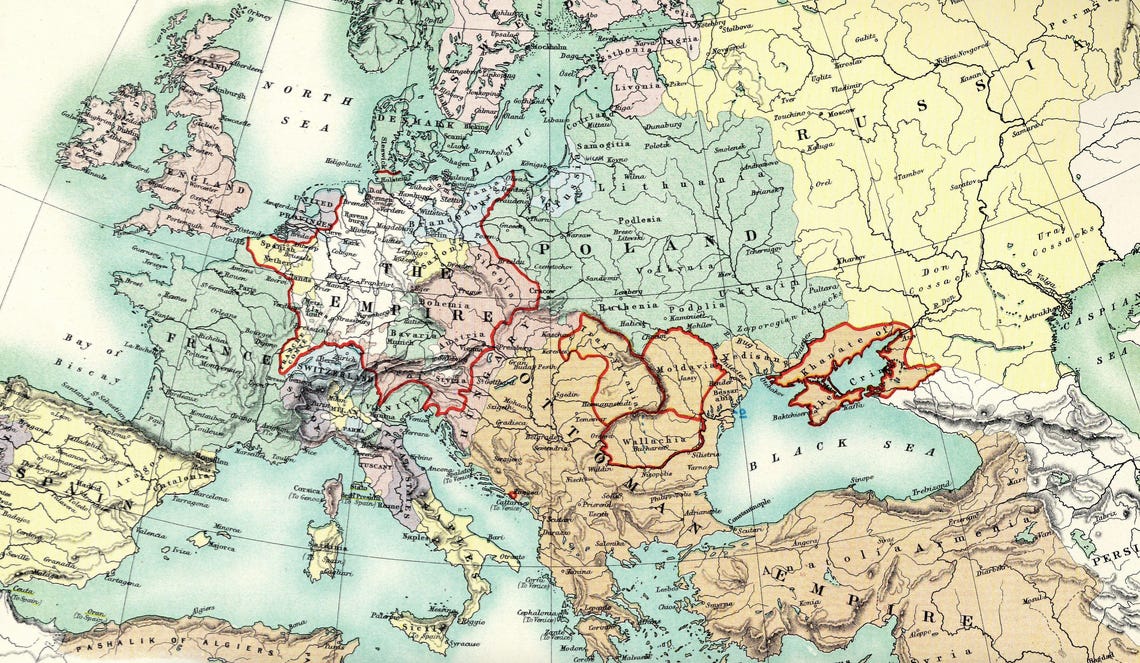Week signals: Multilateral order to multipolar disorder
Plus: watch points for Brazil, Fiji, India, Senegal, and Gabon.

This week:
IN REVIEW. Liberal internationalism's last gasp, a return to history, and a world of walled gardens.
UP AHEAD. A summit in Brazil, a visit to Fiji, state elections in India, parliamentary polls in Senegal, and a post-coup referendum in Gabon.
The Week in Review: Returning to a pre-rules system
The week began with a vote in Mauritius, the aftermath of one in the US, and an earthquake in Cuba. It’s ending with the annual APEC summit, this year in Peru, where Xi Jinping's deal on a deep-water Pacific port has overshadowed a diminished Joe Biden. In between was yet more discord from Haiti to the Middle East, a surprising breakthrough (albeit at a cost) on carbon credit standards, and a potential diplomatic snafu by Indonesia on the South China Sea.
Ending with APEC, amid COP29, and ahead of next week’s G20 summit, we're confronted again with the fragility of the multilateral rules-based order, where international summits have become less the venue for negotiations than the stage for grandstanding. Maybe it was always thus. One person who no doubt believes so is Donald Trump. But is the decline of multilateralism just a self-fulfilling prophecy when its main patron, the US, has seemingly lost interest? Can diplomats and globalists be at fault when a hegemonic isolationist is willing the system to fail?
Trump has not (yet) proposed to create a global version of the Department of Government Efficiency (DOGE), led by technologists turned politicos Elon Musk and Vivek Ramaswamy. Yet by appointing a range of America First loyalists to key positions (an issue we covered this week: here and here) he’s dismantling the system by neglect. That’s not to say the system is worth preserving in its entirety – no doubt something better could be built over what was designed for the 1940s – but in the absence of a multilateral order we might simply revert to what existed earlier: multipolarity.
Multipolarity, as we’ve written before, is at one level a system of multiple “poles” or powers, rather than simply one (e.g., the US since 1991) or two (bipolarity, as from 1945-1991). Yet it’s also a system of blocs. The Post-Westphalian, pre-World War II order was a multipolar one of mainly European empires, plus the US and, towards the end, Japan and Republican China, as well as their proxies. It was a world that, while unfair to most, enjoyed stability and global trade. Yet much of that trade was via imperial preferences (i.e. within blocs, where the original friend-shoring began). And much of the stability was thanks to a carve-up of large swathes of the world (e.g., in the scramble for Africa).
Without multilateralism, based on international law (hence the term “liberal”), we get multipolarity, based on might as right (the law of the jungle). Such a system may be more honest (great powers have seldom adhered to the laws applied to others anyway), but at its beginning may prove less predictable to businesses and investors, particularly those that venture outside their respective blocs (witness early decisions by Western companies like HSBC and Sequoia to essential split their businesses into Western and Eastern divisions).


